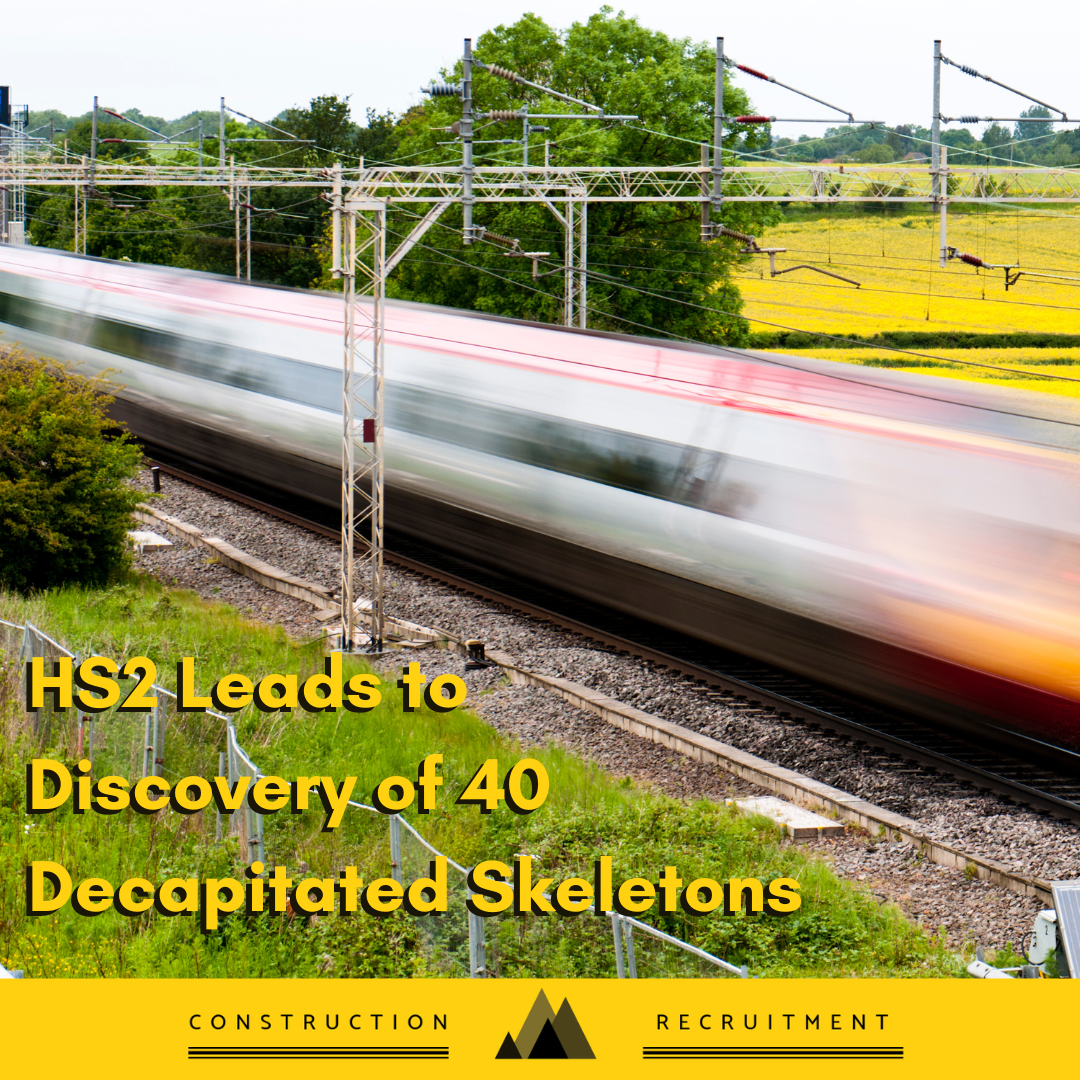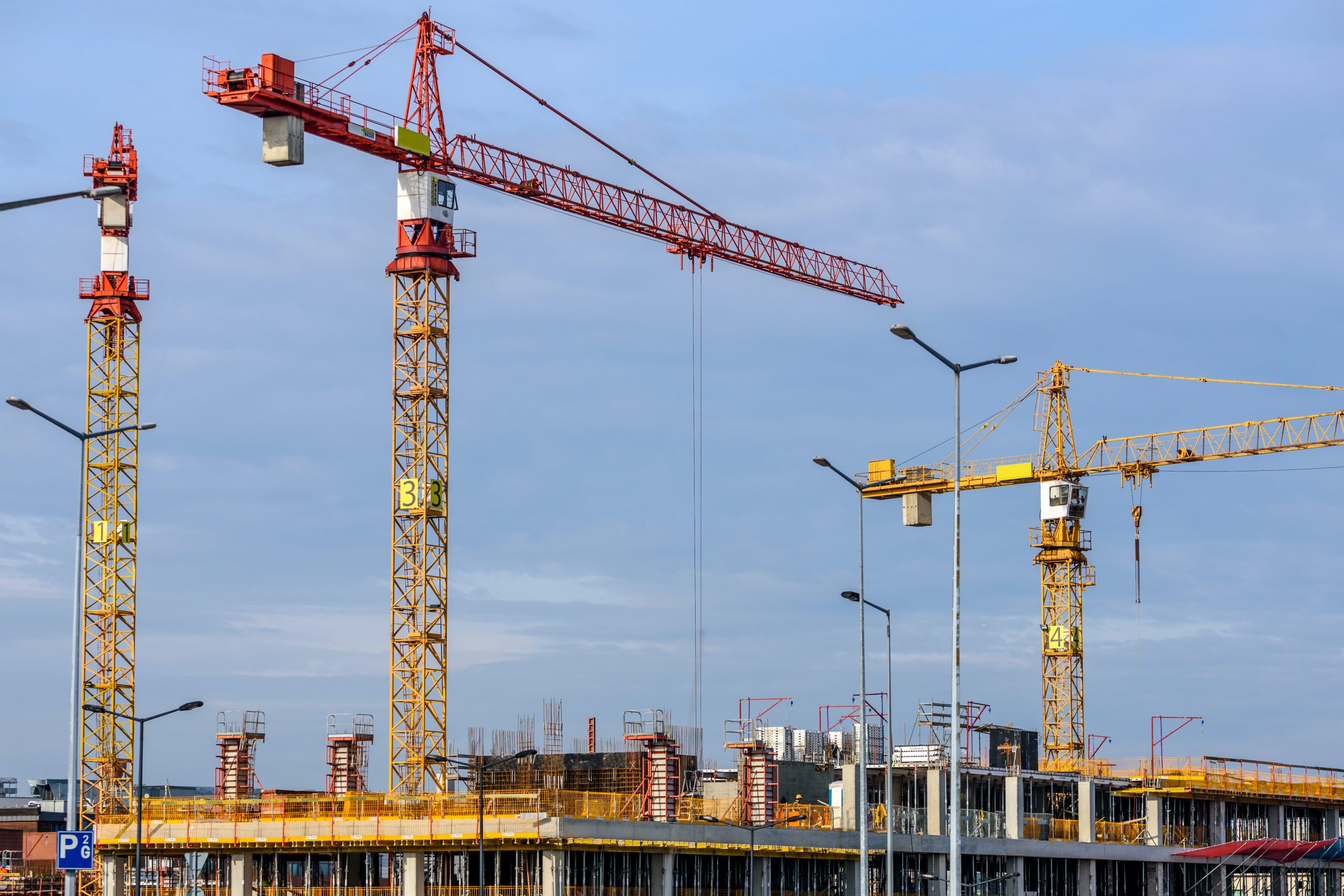
25 Feb HS2 Leads to Discovery of 40 Decapitated Skeletons
Forthcoming high-speed railway link, HS2, has not only employed around 1,500 workers with new employment opportunities set to be created for millions in the future. Other benefits include creating more capacity between London, Birmingham, Manchester, and Leeds; reducing carbon emissions by taking cars and lorries off the roads; and boosting growth in the UK economy.
Perhaps the most potentially gruesome benefit, however, is the archaeological discoveries taking place along the construction of the lines and the historical understanding we can develop as a result.
425 skeletons have been found in Fleet Marston near Aylesbury, Buckinghamshire by HS2 archaeologists. Around 10% of skeletons were discovered headless with heads often being placed by the feet.
HS2 Ltd has suggested the people buried could have been criminals or outcasts but has acknowledged that decapitation was a “normal, albeit marginal” practice in Roman burial.
Further finds such as spoons, bells, and gaming dice have also been discovered, suggesting the site was inhabited by people whose time was occupied with gambling and religious activity.
Fleet Marston is one of over 100 archaeological sites investigated by HS2 since 2018. HS2 Ltd’s head of heritage Helen Wass said: “The HS2 archaeology programme has enabled us to learn more about our rich history in Britain.”
HS2 explains that all human remains discovered in the HS2 development will be treated with dignity and respect.
Phase one of HS2 is set for completion between 2029-2033.
Contact Information:



